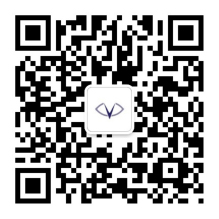
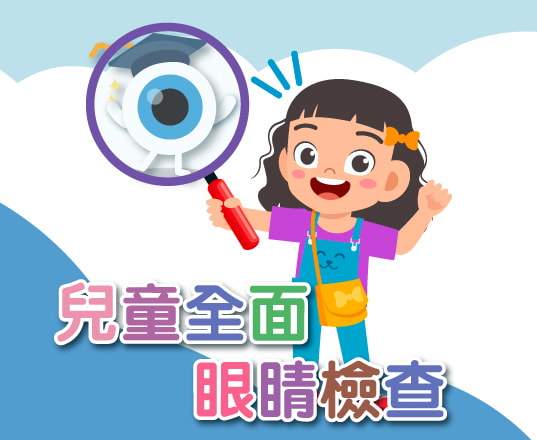
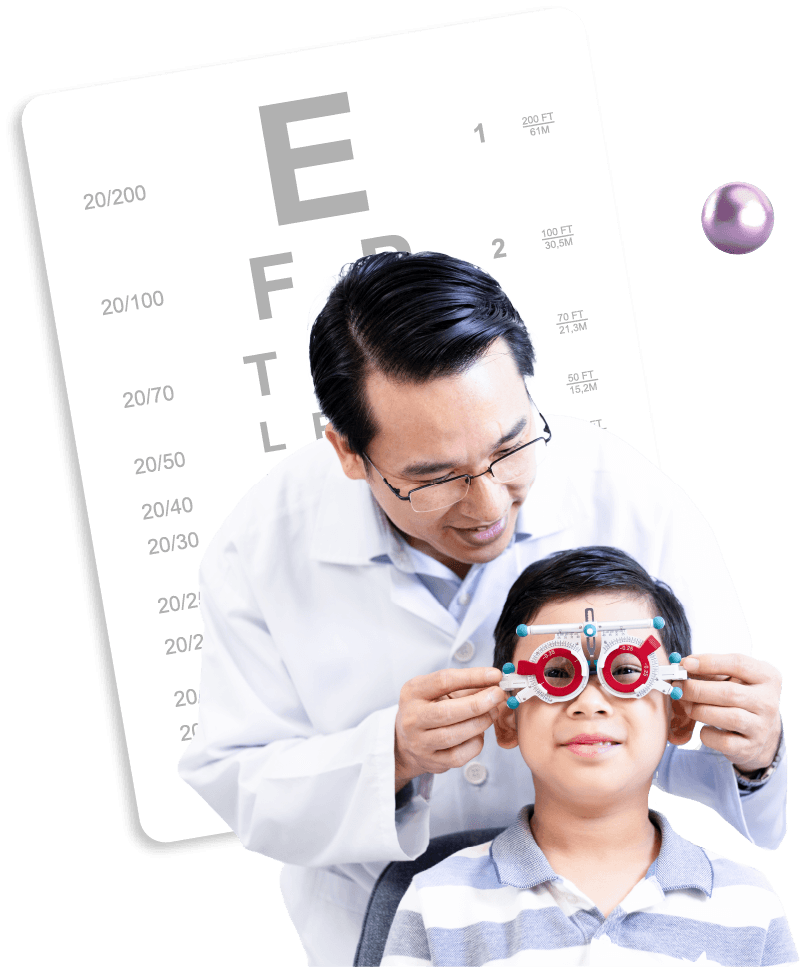
Vision is an integral part of helping children grow and discover knowledge. Our visual system develops from black-and-white blurred images at the age of 0 to full vision at the age of 8, during which the eye may become amblyopic if visual function is impaired, causing irreversible damage.
A study by The Hong Kong Polytechnic University found that 61.5% of 12‑year‑old children suffer from myopia. Vision problems may hinder their social activities and academic development. In addition, certain eye conditions, such as amblyopia, show no obvious external symptoms, and children are often unaware of their own vision problems. Without regular eye examinations, these issues may remain undiagnosed for months or even years. Early detection can help to prevent and mitigate eye problems. In fact, when a child’s vision is still developing (up to around 7 or 8 years of age), vision problems are easier to manage and treat.

Early Signs of Vision Problems in Children

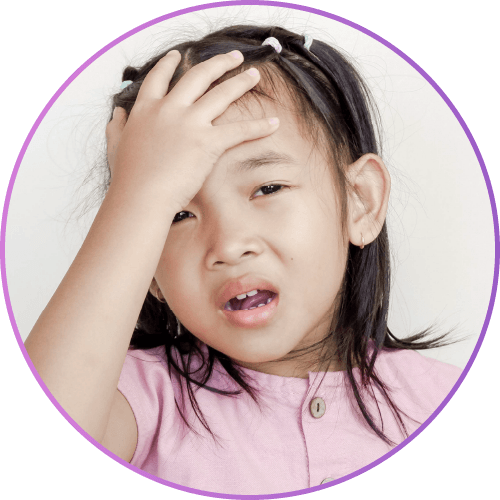
Indicating that they have a headache
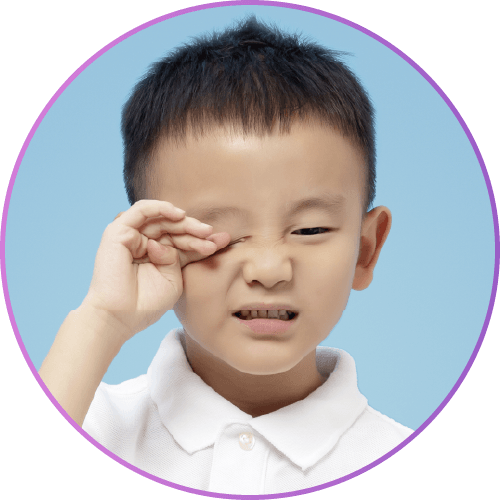
Blinking or rubbing their eyes frequently

Tilting their head or squinting their eyes to allow
themselves to see things
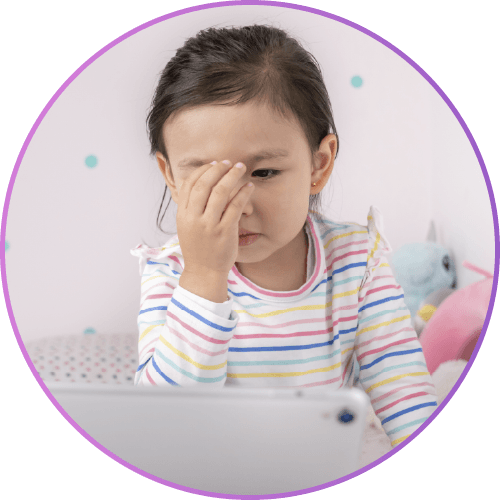
Covering one eye while reading or viewing
an electronic screen
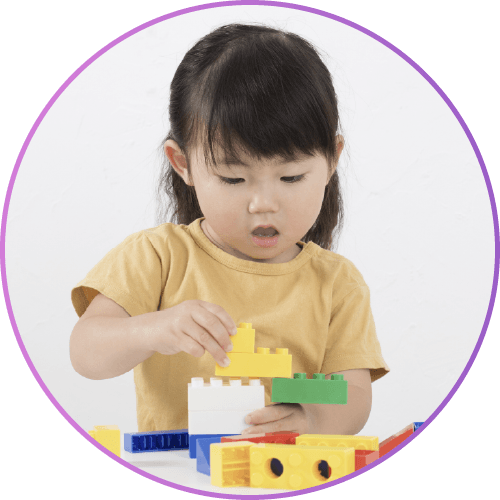
Poor hand-eye coordination

Inability to see things in the distance
or at close range
近距離的事物
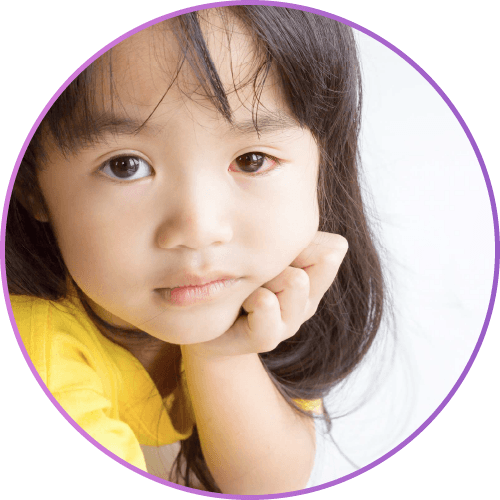
Red or watery eyes
水汪汪的眼睛

Indicating that they have blurred vision
or double vision
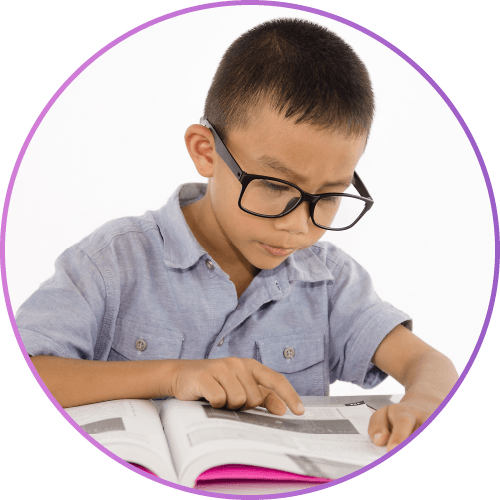
Missing or confusing words
when reading


Comprehensive Eye Examination for Children
EC EYE Ophthalmology comprehensive eye examination programme for children can assess refractive errors, such as myopia and hyperopia, as well as detect conditions including astigmatism, strabismus, and amblyopia. Through these examinations, vision problems in children can be identified early, allowing treatment to begin during the golden period of vision development.
Comprehensive Eye Examination Programme for Children (for ages 4 to 16) includes:
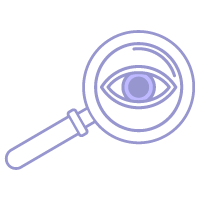
Vision Acuity
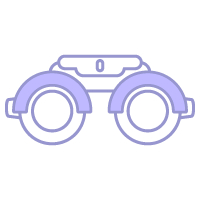
Refractive examination
(Myopia, hyperopia and astigmatism check)
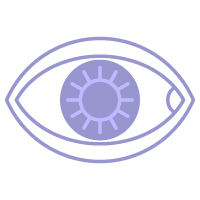
Pupillary Reflex
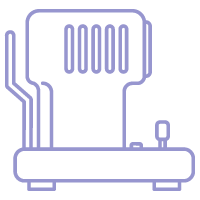
Intraocular Pressure Check
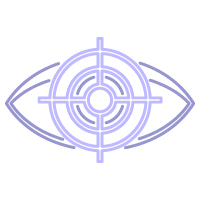
Ocular Mobility Examination
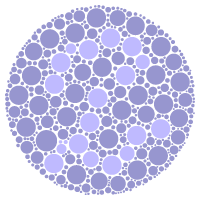
Colour Vision Tests
(to test the ability to distinguish colours)
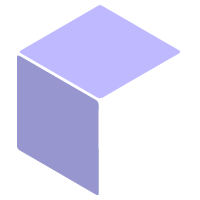
Stereoscopic vision
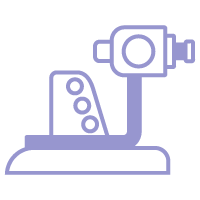
Binocular slit lamp examination
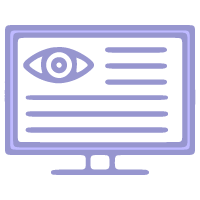
Dilated pupil fundus examination
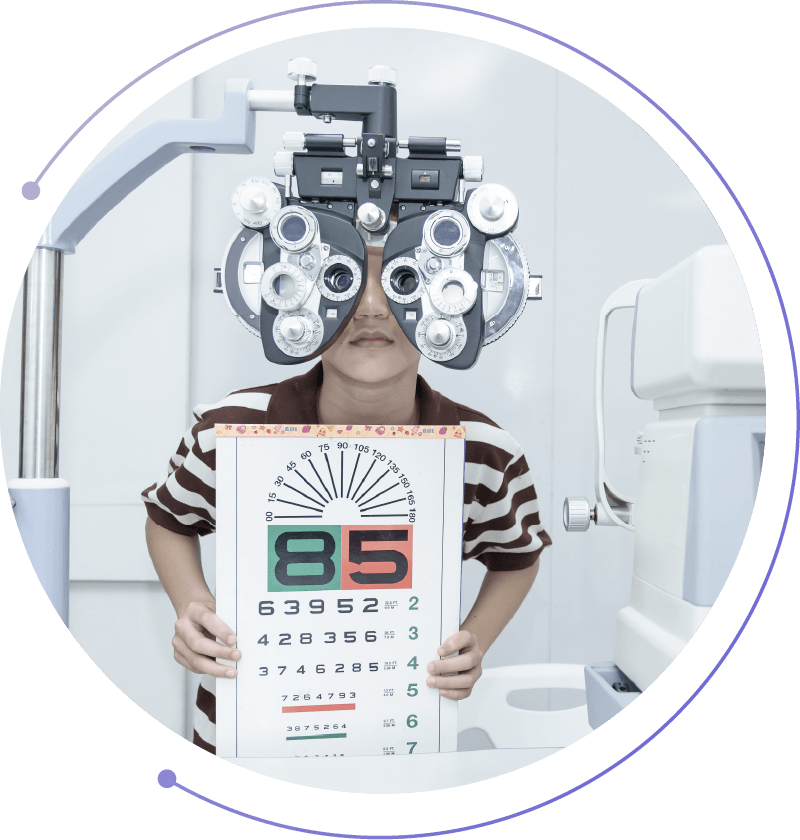
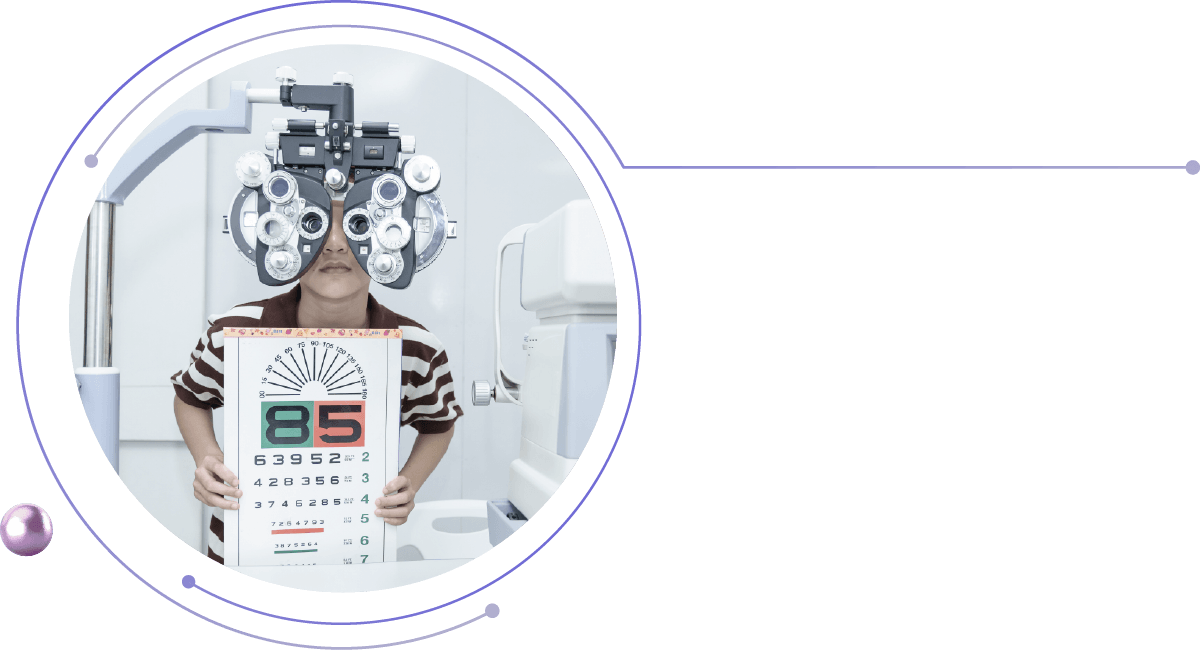
Eye Examination Schedule
Children should undergo a comprehensive eye examination every six months to ensure normal visual development and to detect or monitor any eye conditions. Having good eyesight is vital for their learning and overall development. Regular eye examinations allow early detection of vision problems, making it possible to address them during the golden period of treatment.
Comprehensive Eye Examination for Children FAQs
How often should children have their eyes checked?
Children should have a comprehensive vision examination every six months to ensure normal vision development and to detect or monitor any eye diseases.
At what age is the golden age for children to have vision correction?
8 歲前都是兒童視力矯正黃金期,所以儘早進行視力檢查(或近視檢查)及發現問題,可以有助避免及減輕眼睛問題,查看更多Myopia Control for Children方案。
Will children with astigmatism get better on their own?
散光大多數是先天或遺傳,不易避免,而且不可逆轉,養成良好習慣以及定期視力檢查對於保障視力仍有一定的幫助。
Does the eye exam plan include color blindness testing?
- Our comprehensive eye examination includes 10 examinations including color blindness test, vision examination, refraction examination, and fundus examination.
